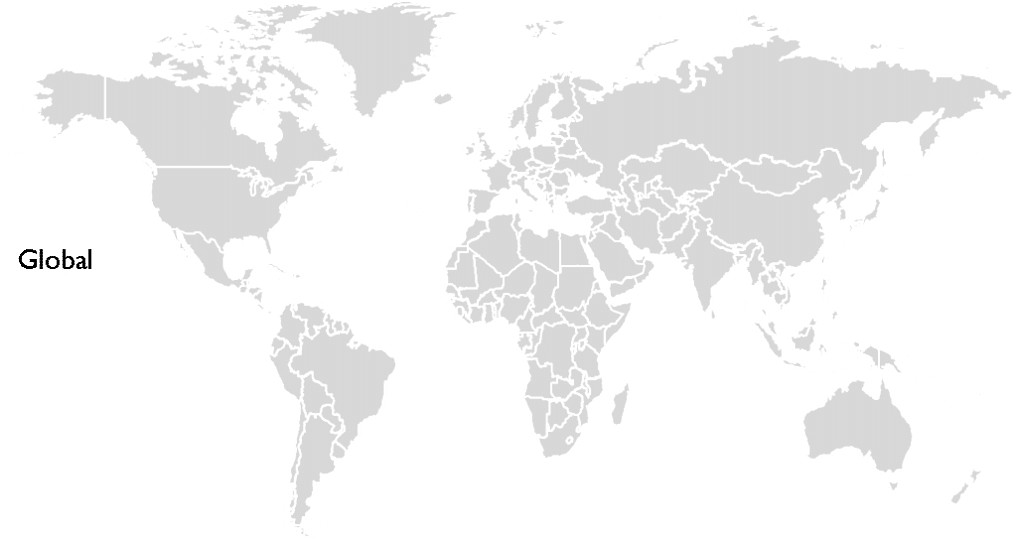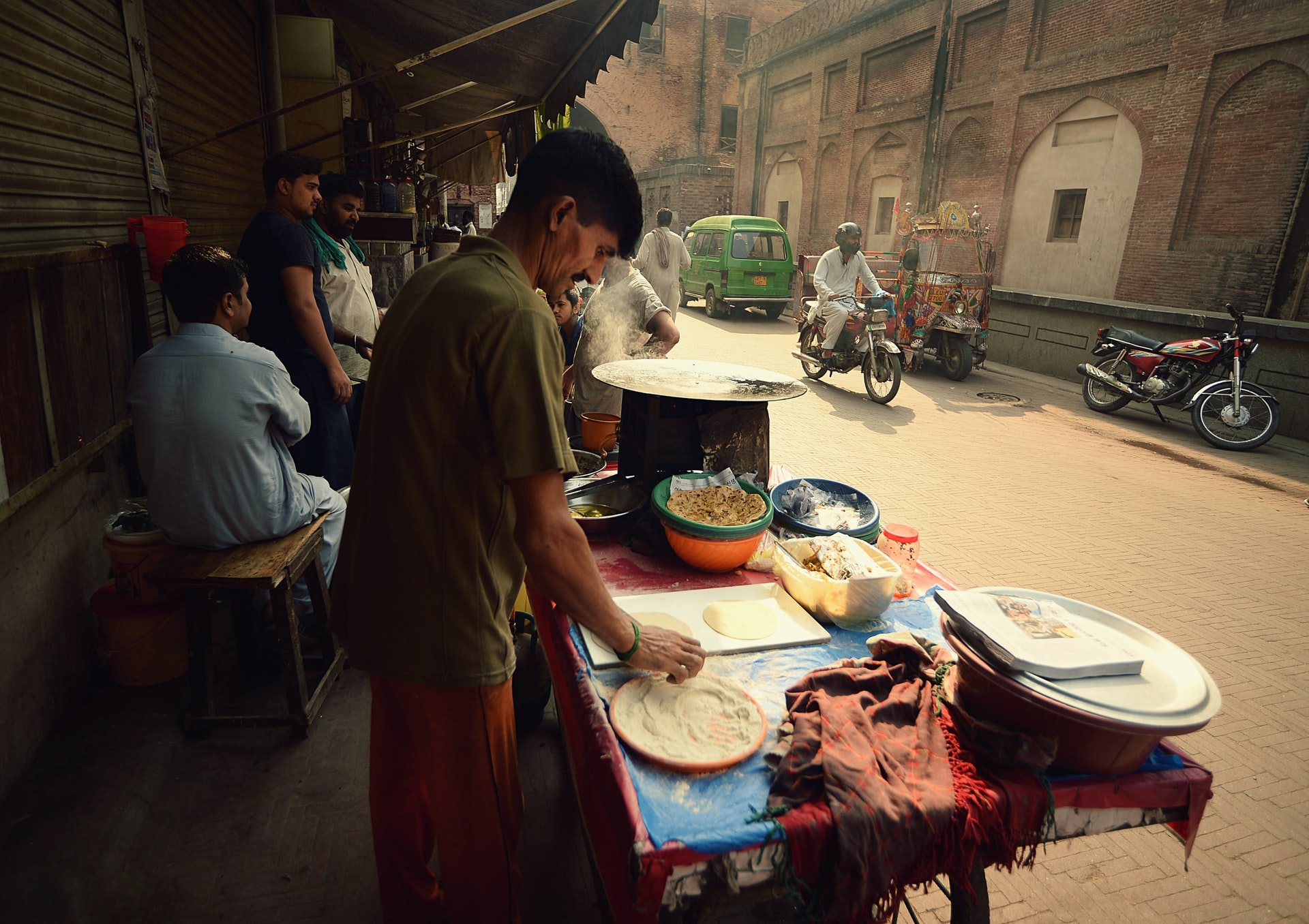
From April 2020 to April 2021, Instiglio worked with the World Bank (WB) on three related competitiveness projects. First, it supported the WB in the design of a country-wide annual competitiveness index in Pakistan. The index aims to draw attention to competitiveness performance and incentivize cities to implement reforms. Instiglio also developed a Guidebook for the WB to guide the design of Performance-Based Competitiveness Grants and their integration within WB operations. Last Instiglio revisited a Results-based financing design it conducted in 2016 for for local development in Upper Egypt, as a way to support the World Bank in extending the Results-based financing design to the competitiveness sub-program. These projects will enhance local competitiveness in Pakistan and Egypt, and strengthen the World Bank’s approach to using Results-Based Financing to help build more competitive and, thus, more prosperous cities and regions.
Country
Pakistan, Egypt and global
Timeline
2020-2021
Type of Project
RBF Design & Knowledge
Sector
Competitiveness
project description
Economic development in cities and regions is key to fighting poverty and increasing prosperity. Competitive cities and regions have the potential to generate jobs and growth and sub-national governments provide firms the right set of conditions and factors to create sustainable productivity and increase livability. Guided by this, Instiglio worked with the World Bank on three projects related to competitiveness in 2020 and 2021.
First, the World Bank and the Government of Pakistan designed a country-wide annual Pakistan Competitive Cities Index (PCCI) Initiative. The PCCI will measure key policy areas and compare cities according to their performance. This will incentivize cities to implement reforms that improve private sector competitiveness by providing them with a roadmap and generating healthy competition between cities. There is interest in this being the foundation for Performance-based grants focused on competitiveness in the future.
At the end of 2020 and start of 2021, a pilot of the PCCI was launched in 5 mid-sized Pakistani cities. This pilot provides input to improve the PCCI and scale it to an additional 15 mid-sized Pakistani cities. In this process, Instiglio:
- Supported the World Bank to define the PCCI’s design principles, performance indicators, measurement methods, targets, and a scoring mechanism, and
- Improved the PCCI’s design to prepare it for launch and scale, aiming to strengthen the PCCI’s basket of performance indicators.
Second, Instiglio developed a Guidebook to guide the design of Performance-Based Grants for competitiveness (Competitiveness Grants) and their integration into World Bank operations. The Guidebook is a how-to document for World Bank teams to design Competitiveness Grants. It provides recommendations of how to develop critical components of a Competitiveness Grant, such as performance metrics, minimum access criteria, and verification mechanisms, and explores key questions about the operationalization of Competitiveness Grants.
The work on the Guidebook included revisiting the design of the World Bank’s Results-Based Financing (RBF) Upper Egypt Local Development Program. In 2016, Instiglio designed the RBF sub-component of this program focused on local public administration. The World Bank has since replicated this design into the competitiveness sub-component, and in 2020, partnered with Instiglio to review their work and use this seminal program as a case study for the Guidebook.
These projects will not only enhance competitiveness and development in Pakistan and Egypt, but also will guide the World’s Bank approach to RBF in competitiveness for the coming years. For instance, several of Instiglio’s recommendations developed alongside the case study for the Guidebook were included in the redesign of the Upper Egypt Local Development Program competitiveness sub component. Instiglio has thereby influenced the design of a USD 300 million operation that has the potential of generating long lasting impact in Egypt.

